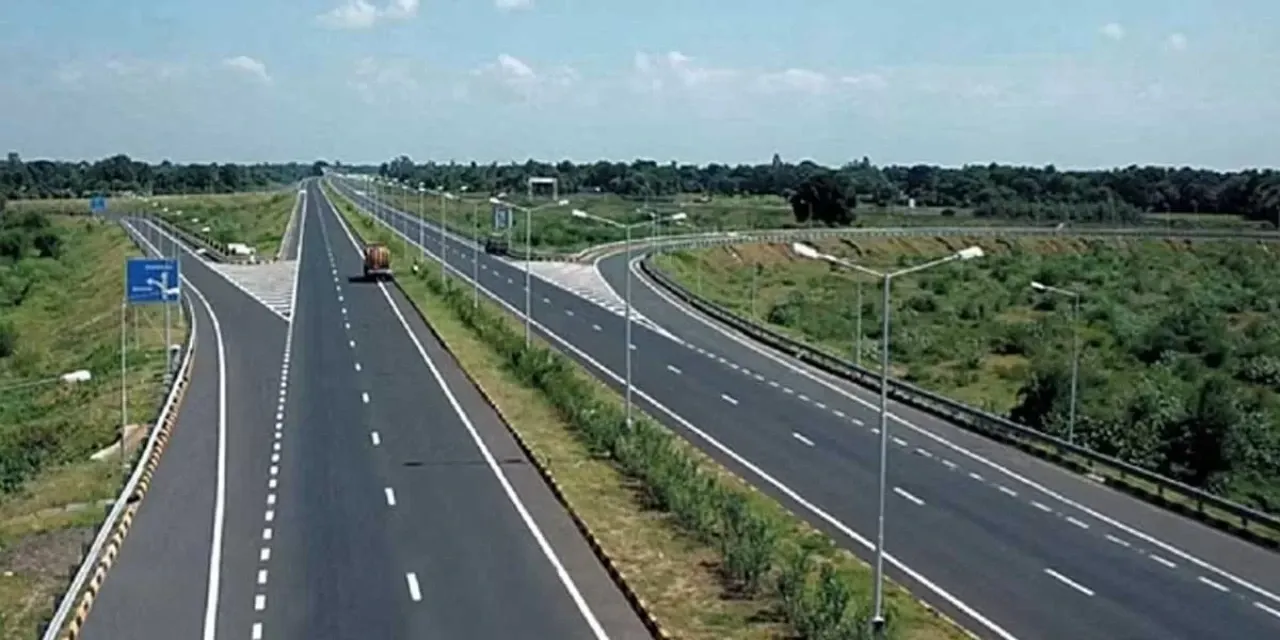
NHAI Establishes Corridor Management Units to Enhance Highway Upkeep

NHAI Establishes Corridor Management Units to Enhance Highway Upkeep
For the first time, NHAI has formed the CMUs that will be responsible for the Operation and Maintenance of National Highway stretches. This is the first major change in NHAI’s focus from construction to maintenance and management of existing road assets. The creation of highway CMUs is designed to uphold the operability and schedule effective upkeep of main highways within the country.
The formation of CMUs comes at a critical juncture. With the completion of construction and widening projects on most of the highway stretches under its purview, the NHAI faces an increasing need to prioritize the management and maintenance of these assets. As highlighted by a recent circular issued on Friday, the primary responsibilities of these units will include ensuring smooth traffic flow, the removal of encroachments, frequent and periodical inspections, and the maintenance of roadside amenities and plantations.
An NHAI official elaborated on the move, stating, "There is a significant focus on road safety, and these units will play a crucial role in monitoring traffic management and highway safety. They will also be responsible for conducting root cause analyses of road crashes and planning mitigation measures."
The CMUs are tasked with a broad range of duties to maintain the National Highways effectively. These responsibilities include:
Ensuring Smooth Traffic Flow: CMUs will monitor traffic conditions to prevent congestion and ensure a seamless driving experience.
Removal of Encroachments: Regular inspections will be conducted to identify and remove any unauthorized structures or activities encroaching on highway land.
Frequent and Periodical Inspections: These inspections will help in the early detection of any issues or damages that may need attention.
Maintenance of Way Side Amenities and Roadside Plantations: Ensuring that rest areas, toilets, and other facilities are well-maintained for travellers' convenience.
Installation of Signboards and Road Furniture: Proper signage and other road furniture are crucial for safety and navigation, and CMUs will ensure their adequate installation and upkeep.
Monitoring Traffic Volume at Toll Plazas: CMUs will keep a close watch on toll plazas to manage traffic flow efficiently and reduce bottlenecks.
Actual Ground Condition Monitoring: Regular checks to assess the real-time condition of the highways and take necessary actions.
One of the critical areas of focus for the CMUs will be road safety. With road accidents being a major concern, the units will actively monitor the implementation of traffic management and highway safety measures. They will conduct thorough investigations into road crashes to understand their causes and develop strategies to mitigate such incidents in the future.
"Since there is a huge focus on road safety, these units will monitor the implementation of traffic management and highway safety. They will be responsible for conducting root cause analysis of road crashes and plan mitigation measures," the NHAI official added.
To ensure the effectiveness of the CMUs, NHAI has laid down specific key performance indicators (KPIs) for the officers attached to these units. These KPIs will serve as benchmarks to measure their performance and ensure accountability in maintaining the highways.
The KPIs will cover various aspects such as the frequency of inspections conducted, the speed and efficiency of encroachment removal, the condition of wayside amenities, the effectiveness of road safety measures implemented, and the overall maintenance of highway stretches. By establishing clear performance metrics, NHAI aims to ensure that the CMUs operate efficiently and deliver tangible results in highway management.
This strategic shift by NHAI signifies a long-term commitment to preserving and enhancing India's highway infrastructure. The creation of CMUs not only addresses the immediate need for maintenance and management but also sets the stage for a more sustainable and efficient approach to highway administration.
The NHAI's move to set up Corridor Management Units represents a significant step forward in ensuring the longevity and reliability of the country's highway network. As these units begin their operations, travellers can expect improved road conditions, enhanced safety measures, and a more pleasant driving experience on India's National Highways.
Also Read: